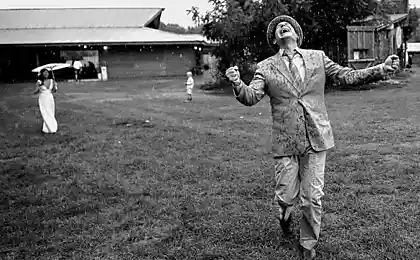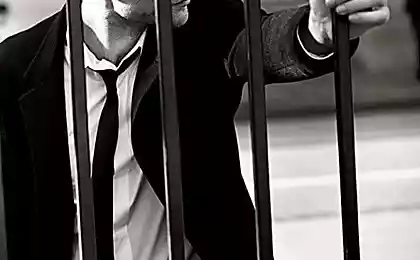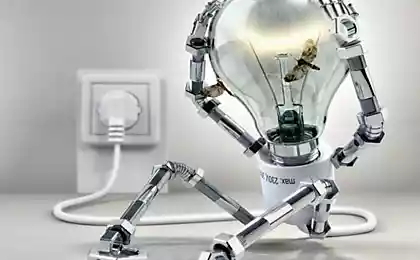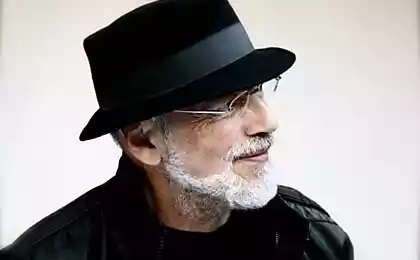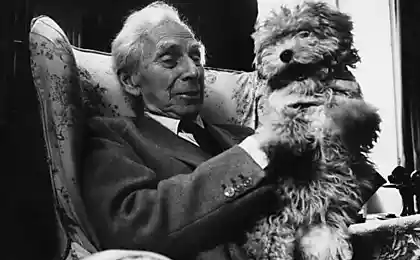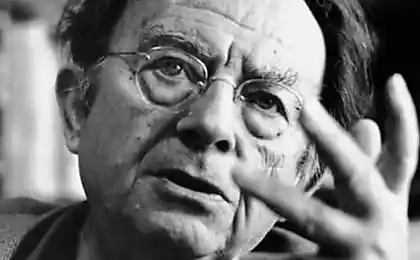488
Your decisions is much more casual than you think
Not always have the opportunity to consider the situation, and if no, the brain can switch to "reserve mode" 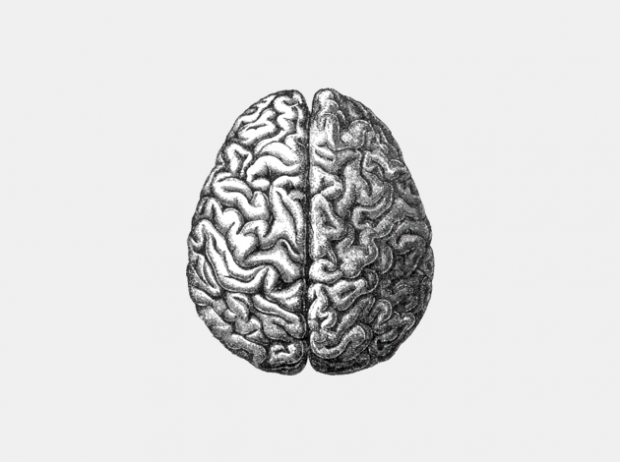
For the most part, we make decisions based on our previous experience. But what to do in a totally new and unpredictable situation for us? New research suggests that when we are faced with an unexpected scenario, the brain as the best strategy is chosen randomly.
When it comes to decision-making, the brain is very dependent on past experience. Some experts believe that the brain has a built-in mechanism to assess the effectiveness of a decision on the basis of precedents in the past. It is also something that we can be aware of. And to improve the rationality of decision-making is very important for us to use the new information to change our confidence in the faith.

But a recent experiment conducted by Alla Karpova shows that the accident may be the preferred policy of the brain, especially when everything is difficult, or when the situation is without precedent in the past. And it's not too good as the leads to the risk.
Karpova experiments showed that rats, when confronted with a competitor that is tough to beat, abandoning his usual tactic of using past experiences to make decisions and do this instead of random selection. This "switch strategies," according to Karpova, under the control of a certain area of the brain, and this is a sign that the brain can "turn off" from their past experiences and to enter into a "regime of random decisions" in a desperate attempt to overcome competitive advantage. From an evolutionary standpoint, this makes sense. When animals are faced with new and unpredictable situations, such as a predator who is moving totally chaotic, it is often useful to change the behavior of a random mode. This can lead to a very risky decisions that are in a different situation would not be taken, but it can also save lives. The trouble is that some animals can be very difficult to get out of this mode.
As always, the studies in rats in the scientific world are perceived with skepticism. But Karpov in his article points out that primates when confronted with a new situation, too, tend to resort to random, rather than stochastic choice. So the likelihood is high that people tend to similar cognitive processes. Of course, these Karpova may be useful in some related research areas. For example, their perspective can be used to treat diseases such as depression.
via factroom.ru

For the most part, we make decisions based on our previous experience. But what to do in a totally new and unpredictable situation for us? New research suggests that when we are faced with an unexpected scenario, the brain as the best strategy is chosen randomly.
When it comes to decision-making, the brain is very dependent on past experience. Some experts believe that the brain has a built-in mechanism to assess the effectiveness of a decision on the basis of precedents in the past. It is also something that we can be aware of. And to improve the rationality of decision-making is very important for us to use the new information to change our confidence in the faith.

But a recent experiment conducted by Alla Karpova shows that the accident may be the preferred policy of the brain, especially when everything is difficult, or when the situation is without precedent in the past. And it's not too good as the leads to the risk.
Karpova experiments showed that rats, when confronted with a competitor that is tough to beat, abandoning his usual tactic of using past experiences to make decisions and do this instead of random selection. This "switch strategies," according to Karpova, under the control of a certain area of the brain, and this is a sign that the brain can "turn off" from their past experiences and to enter into a "regime of random decisions" in a desperate attempt to overcome competitive advantage. From an evolutionary standpoint, this makes sense. When animals are faced with new and unpredictable situations, such as a predator who is moving totally chaotic, it is often useful to change the behavior of a random mode. This can lead to a very risky decisions that are in a different situation would not be taken, but it can also save lives. The trouble is that some animals can be very difficult to get out of this mode.
As always, the studies in rats in the scientific world are perceived with skepticism. But Karpov in his article points out that primates when confronted with a new situation, too, tend to resort to random, rather than stochastic choice. So the likelihood is high that people tend to similar cognitive processes. Of course, these Karpova may be useful in some related research areas. For example, their perspective can be used to treat diseases such as depression.
via factroom.ru







